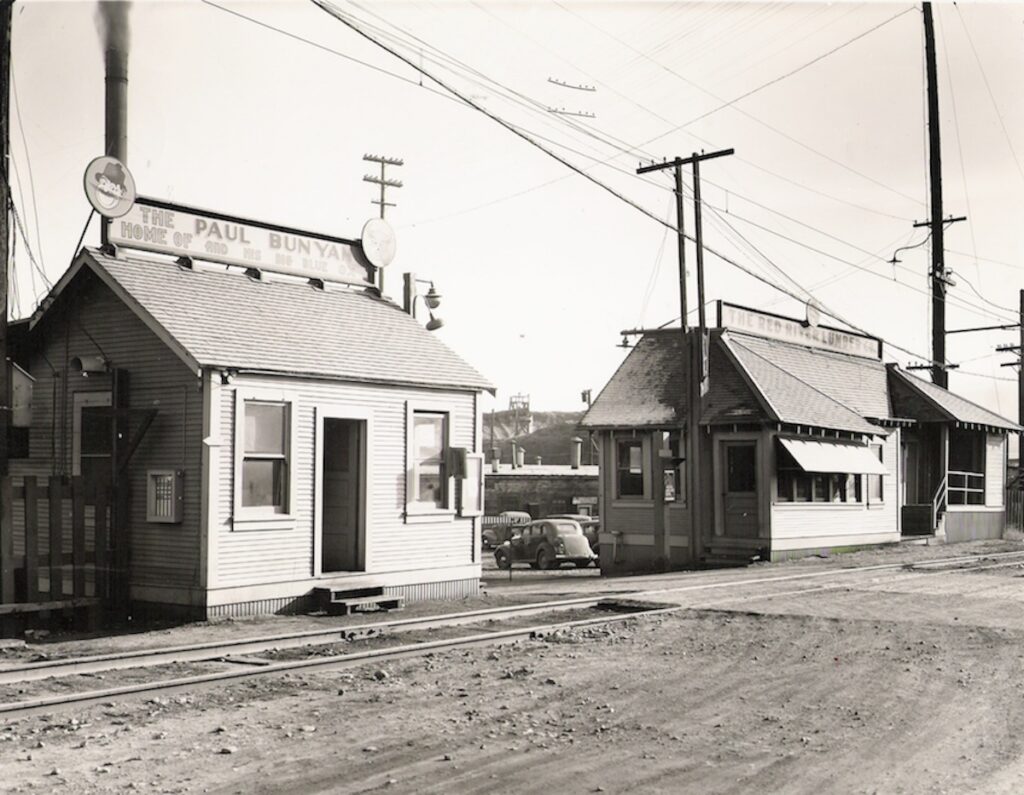
Since it is Labor Day, it is only fitting to have a topic about the labor movement. With the events leading up to World War I, demand for lumber soared. It was in the Pacific Northwest that two labor organizations—the Industrial Workers of the World (IWW) and the American Federation of Labor (AFL)—gained momentum in union organizing in the lumber industry.
The IWW had an image problem. It was considered radical in its
thinking for the time. Some considered it a communist organization. It gained notoriety for its strikes that were marred with violence. It
was from these and other factors, and with the emergence of the Loyal Legion of Loggers and Lumberman that hindered its movement.
After World War I the lumber market plummeted. This weakened labor’s leverage to organize unions. Yet, by the early 1920s, Fruit Growers Supply Company and the Lassen Lumber & Box Company established sawmills at Susanville. So these operations combined with Red River Lumber Company at Westwood, the IWW saw a lot of potential in Lassen County. IWW members worked very hard to recruit there, but with little success. It could be perilous duty and arrests and convictions of suspected organizers occurred. Case in point is the story of Charles Griswold, alias Thomas B. Miller. A Red River employee, Griswold worked the green chain at the mill. He was arrested and charged with the violation of the Busick Injunction for recruiting members for the IWW—the Busick Injunction deemed the IWW was a part of a communist syndicate. On March 25, 1925 Griswold was taken to Susanville and a short jury trial was held. The jury deliberated for ten minutes before they came back with a guilty verdict. Griswold was sentenced to six months in the Lassen County Jail. He could consider himself fortunate for many who were charged with the same offense never had a trial and were automatically sent to prison.
The biggest problem IWW faced in Lassen County was that all three
lumber companies paid the prevailing wage, if not above, and provided better housing than found in other regions on the west coast. The employees had few grievances, so there was no incentive to be a part of the labor movement. It was because of these conditions that Lassen County sawmills remained union free during the 1920s.